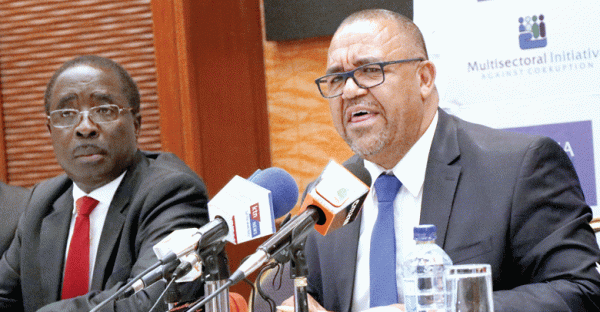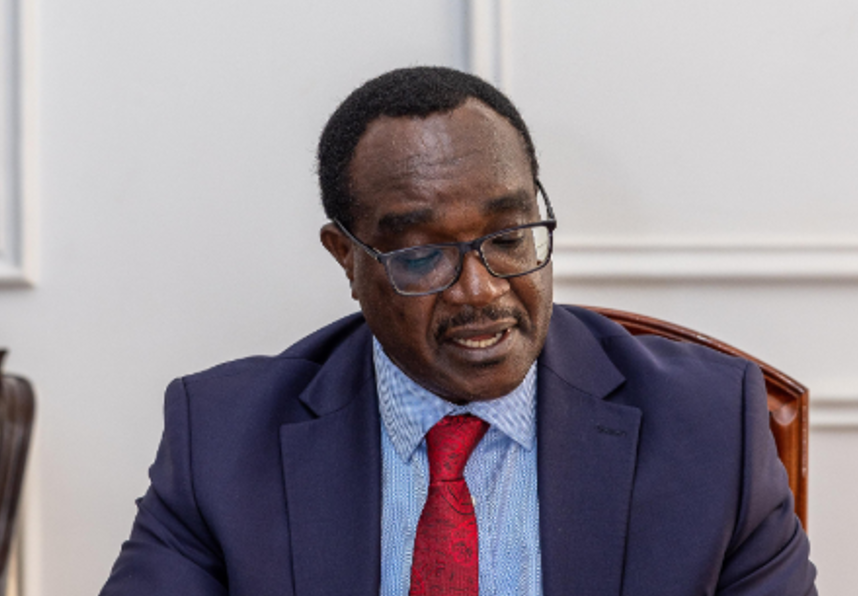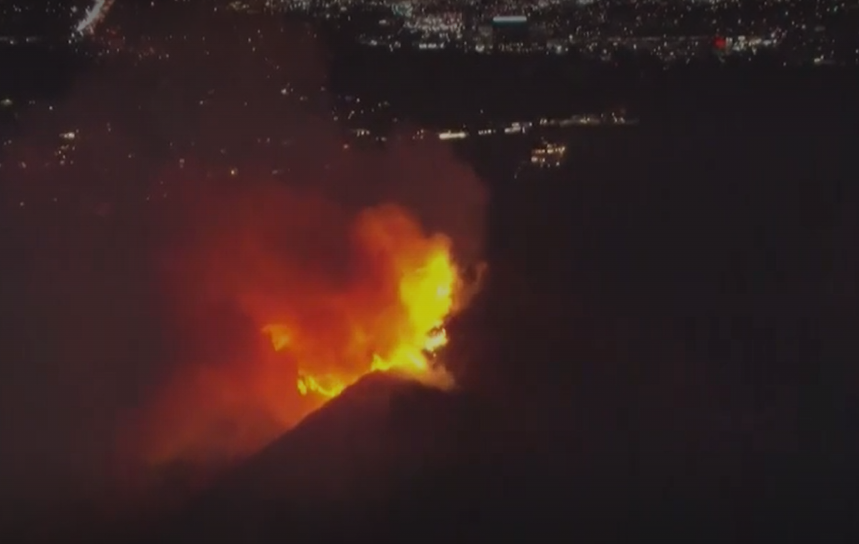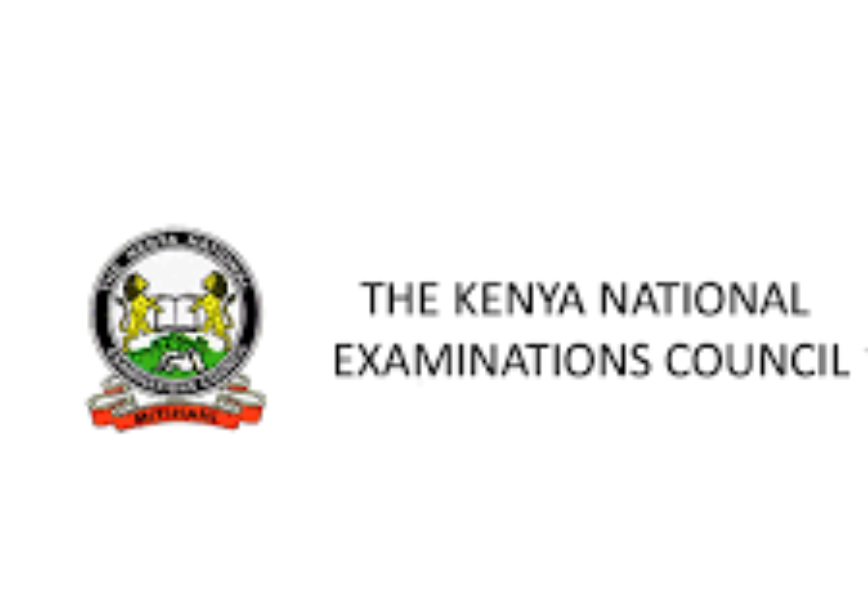Seth Onyango and Zachary Ochuodho @PeopleDailyKe
Kenya’s public transport sector loses at least Sh900 million every month to corruption and a network of cartels that control the industry, including criminal gangs and corrupt traffic police officers.
To reduce corruption and losses, stakeholders are urging the new Inspector General of Police Hillary Mutyambai to streamline enforcement of traffic rules, to weed out cartels and rogue officers.
Matatu Owners Association (MOA) chair Simon Kimutai said poorly-trained traffic officers were enforcing non-existent laws thus hampering the operations of public service vehicles.
High costs
Yesterday, Kimutai said despite the establishment of the multi-sectoral Initiative Against Corruption last year to help weed out rogue elements in the sector, graft in the matatu industry had not reduced.
Kimutai said the industry loses an estimated Sh10.8 billion to corruption annually. He said widespread corruption was contributing to high operating costs and reduced profit margins.
“The culture of bribery has become common practice among road users. Whether the acts of bribery take place in police stations or on our roads, it is most unfortunate that the culture of toa kitu kidogo has become acceptable, compared to adherence to the rule of law,” Kimutai told a media briefing in Nairobi.
Roadblocks
Kimutai called on Mutyambai to do away with illegal roadblocks which, he said, were mounted to serve selfish interest and corrupt, and not the public good.
“These illegal roadblocks are a danger to all road users and must be removed forthwith in compliance with the Traffic Act,” Kimutai said.
He supported Mutyambai’s order to the traffic police to reduce the number of roadblocks by 50 per cent, saying the directive would enhance efficiency of public transport system and reduce the cost of doing business.
Kimutai urged the National Transport and Safety Authority (NTSA) to ensure that only matatu Saccos with more 30 vehicles are registered and that they should stick to the allocated routes. Federation of Public Transport Operators chairman Edwin Mukabana said there is need to standardise the transport levy requirement by county governments.
“We ask for standardisation and centralisation of the county transport levies to moderate the cost of freights by road,” he said.
Mukabana also asked the government to introduce formal training in accredited institutions for all drivers for public service vehicles.
Private inspection
He called on the IG and anti-corruption agencies to rid the public transport industry of cartels. Kimutai recommended the introduction of accredited private vehicle inspection centres and garages to ease pressure on the Directorate of Motor Vehicle Inspection. NTSA, he said, should only retain the supervisory mandate.










